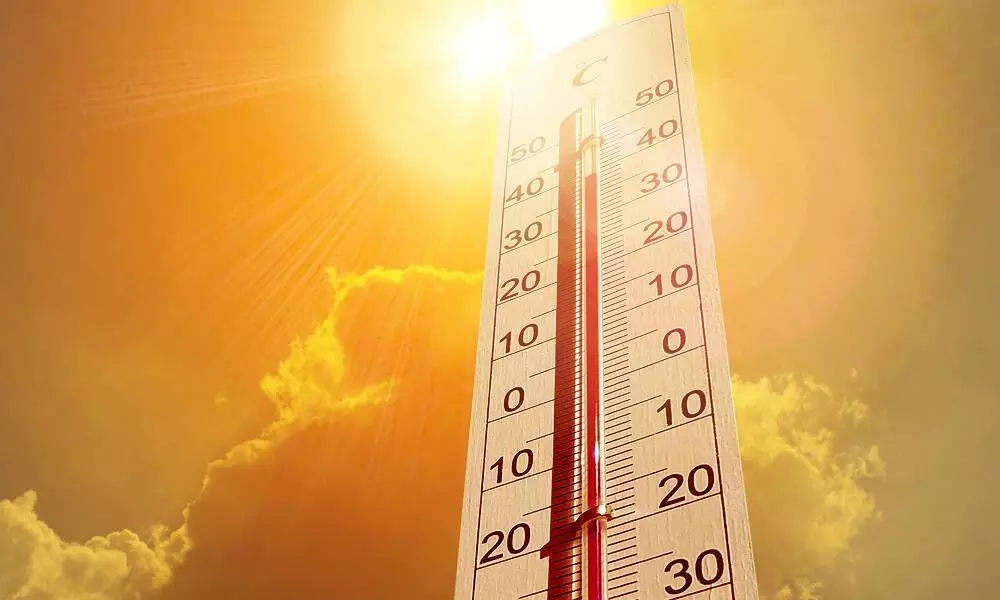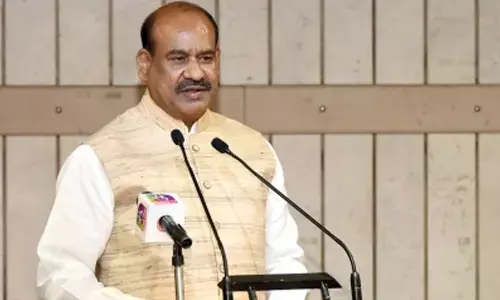Andhra Pradesh to face severe heatwaves in future

Heatwave warning for Telangana till April 2
- North-Western, Central, and the South-Central region of India are the new hotspots of intense heatwave events over the past half-century, says a study
- The study was conducted by a team of scientists from the Department of Science & Technology and Mahamana Centre of Excellence in Climate Change Research (MCECCR) at Banaras Hindu University
New Delhi: Three new heatwave hotspots in India put large populations at immediate health risk and Andhra Pradesh is one of them. North-Western, Central, and the South-Central region of India are the new hotspots of intense heatwave events over the past half-century, said a study which found an increase in deadly Indian heat waves in recent years.
The study also highlights the need for developing effective heat action plans in the three heatwave hotspot regions with a focus on different vulnerabilities among the inhabitants.
The study was conducted by a team of scientists from the Department of Science & Technology and Mahamana Centre of Excellence in Climate Change Research (MCECCR) at Banaras Hindu University. They studied the change in spatial and temporal trends in Heatwaves (HW) and severe heat waves (SHW) over the past seven decades in different meteorological subdivisions of India.
The study published in the journal "International Journal of Climatology" links the association of HW and SHW with mortality over India.
The study showed a shift in the spatio-temporal trend of HW events from the eastern region of Gangetic West Bengal and Bihar to North-Western, Central and further to south-central region of India.
The research also observed an alarming southward expansion and a spatial surge in SHW events in the last few decades that may put a greater population at additional risk of heat stress in a region already characterised by low Diurnal temperature range (DTR), or the difference between the maximum and minimum temperatures within one day and high humidity. Importantly, the HW/SHW events were found to be positively correlated with mortality in Odisha and Andhra Pradesh, highlighting that human health is highly susceptible to severe heatwave disasters.
With an ever-increasing extreme-temperature threshold, a heat resilient future is the need of the hour. Dense population with an intensive outdoor work culture calls for an equitable heat resilient mitigation and adaptation strategies covering each section of the society depending on their vulnerability. The study highlights the need for developing effective heat action plans in the three heatwave hotspot regions.
To mitigate future disastrous implications of exacerbated heat extremes and frame adequate adaptation measures in the wake of possible emergence of new hotspots, reliable future projections are needed, the study says.




